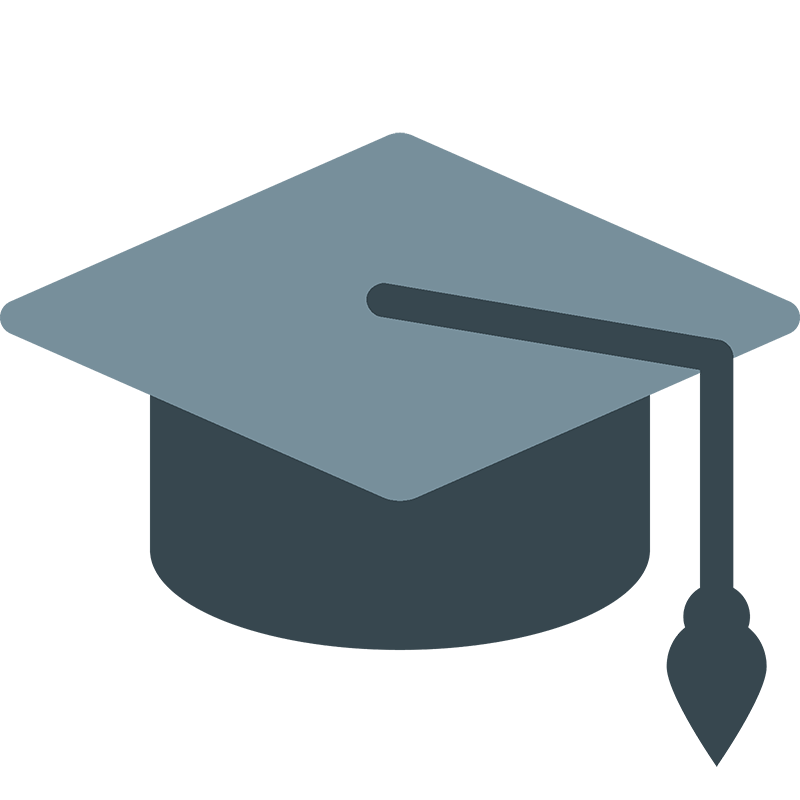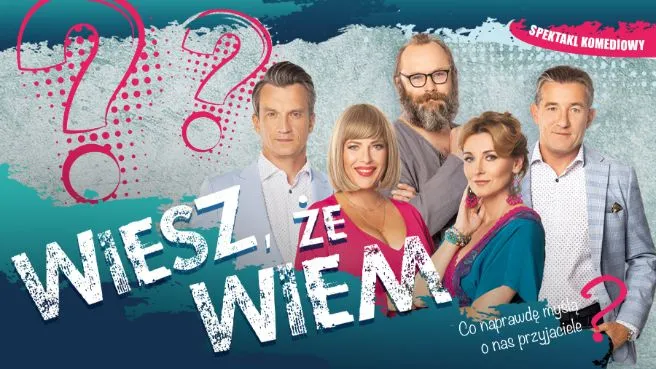Learn Polish - I know that and the breakdown
Now we know 'I know'/'you know' we can easily add the commonly used 'I know that' to our Polish

In a previous lesson we learnt 'Myślę, że' so we know that 'that' is 'że'. We just need to replace 'Myślę' with 'Wiem' to get 'I know that ...' to think out the following:
- I know that you know -
- You know that I know -
- Do you know that I know? -

With 'Myślę, że' we saw that the comma after 'Myślę' is important in written Polish. This is also true for 'wiem, że' / 'wiesz, że'
- I know that I have a problem - Wiem, że mam problem
From what you know already you should also be able to make these sentences without learning anything new:
- I know that it is a skandal -
- I know that you have time -
- Do you know that I like camping? -
- Do you know that I have a house? -
- Do you know that you have a problem? -

The great breakdown
We're going to start making longer and longer sentences. One mistake language learners make when doing this is to try thinking out the whole sentence before saying it or writing it.
It's much easier to mentally break the sentence down into parts, say or write the part, and then move on to the next bit. For example:
- I know that you think that it is a problem but I don't think so
Break this down into the parts you know and then say or write each part like this:
- I know that - Wiem, że
- you think that - myślisz, że
- it is a problem - to jest problem
- but - ale
- I don't think so - myślę, że nie

Heads up!
There is a second verb which also means 'I know'/'you know' - 'znam'/'znasz'
More literally this means 'I am familiar with' but it is widely used in Polish. The difference is:
- Wiem - I know for a fact / with a lot of certainty - e.g. 'Wiem co to jest'
- Znam - I know something / most things about the topic - e.g. 'Znam problem' (I'm familiar with the problem)
We'll come to 'znam'/'znasz' later in the course. For now just be aware it exists as people might correct you. However in spoken and written Polish you can just use 'wiem'/'wiesz' for now and everyone will understand you.
I know or you know?
Repeat this exercise from the last lesson as a refresher. Click and drag these Polish sentences into their correct boxes
Drag and drop all the dark blue boxes to their correct locations
Make sure your sound is turned on to hear the audio during this exercise
Warning: Undefined array key "correct_answer_text" in /var/www/vhosts/learnpolish101.com/httpdocs/includes/func/what-do-you-know-func.php on line 588
Warning: Undefined array key "incorrect_answer_text" in /var/www/vhosts/learnpolish101.com/httpdocs/includes/func/what-do-you-know-func.php on line 589
Think out the Polish
Practice using 'I lknow that' and 'you know that' in these sentences
(Answers are case sensitive!)
Make sure your sound is turned on to hear the audio during this exercise
I know that you know | |
You know that I know | |
Do you know that I know? | |
I know that I have a problem | |
Do you know that you have a problem | |
I know that it is a skandal | |
I know that you have time | |
Do you know that I like camping? | |
Do you know that I have a house? | |
Have a look at this poster for a theater production and then answer the question below.

Literal translation
What is this play called in English
Select the correct answer from the following:
Refresher
Revise earlier words and phrases to keep them fresh! Match the Polish and Engish below
Make sure your sound is turned on to hear the audio during this exercise
